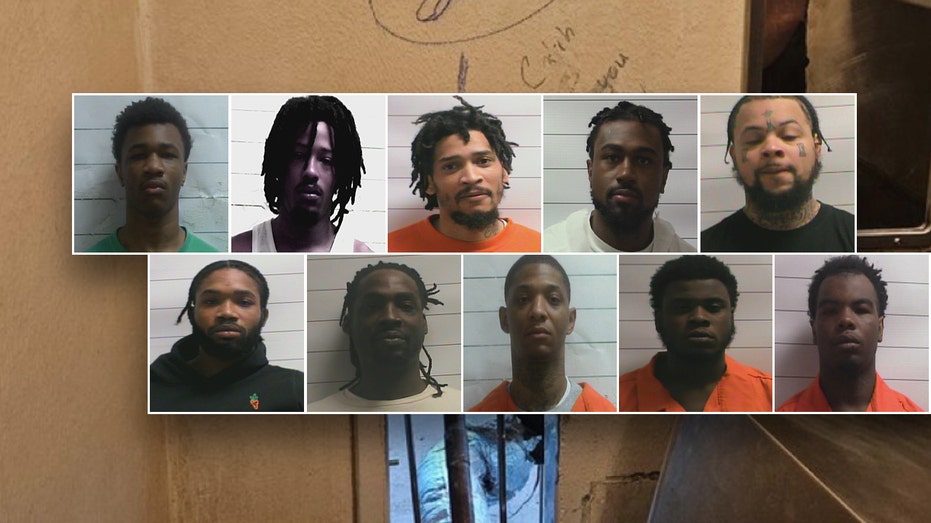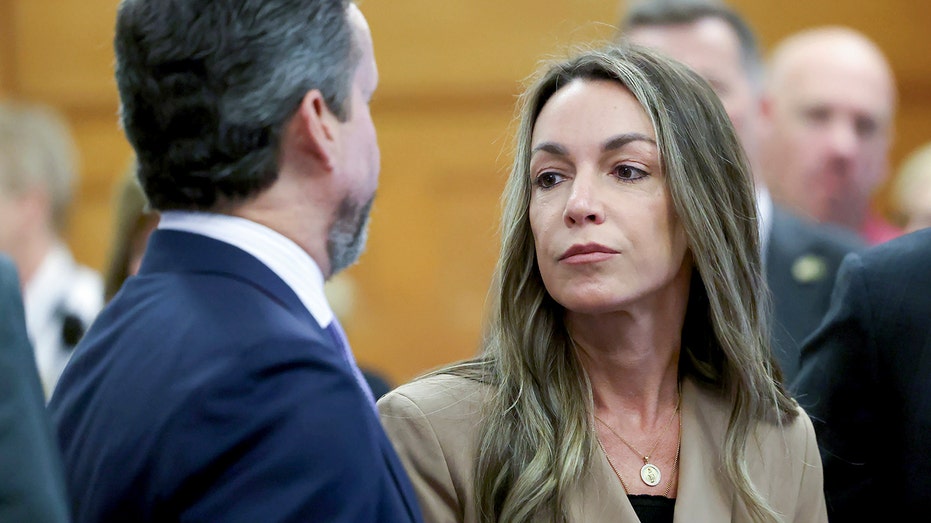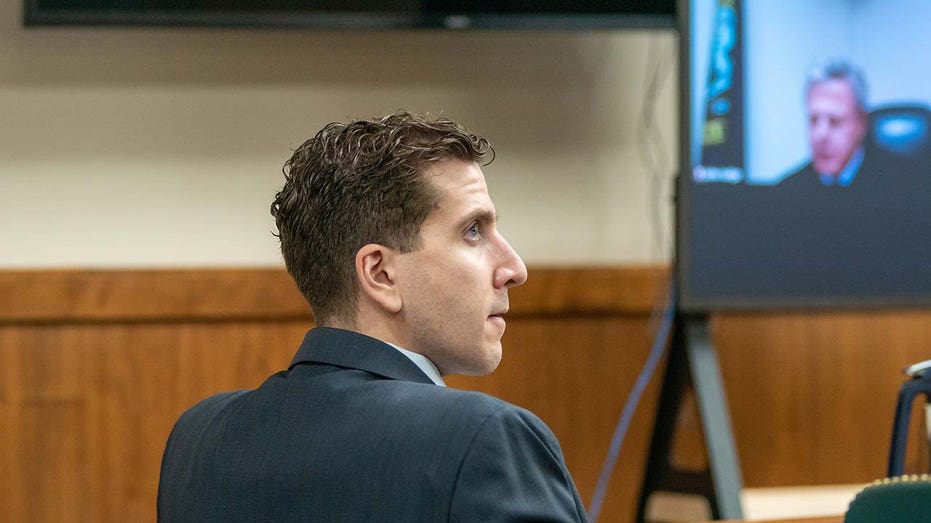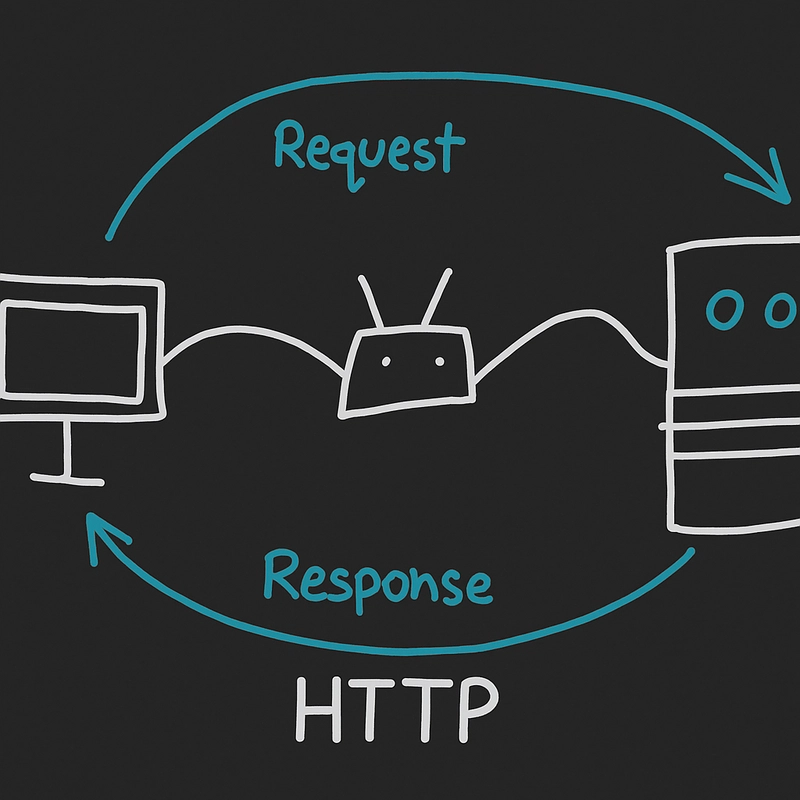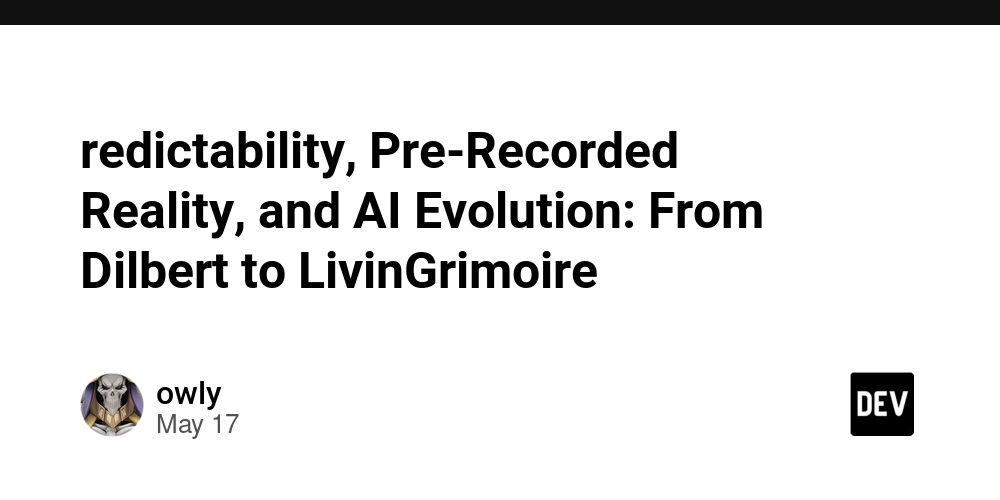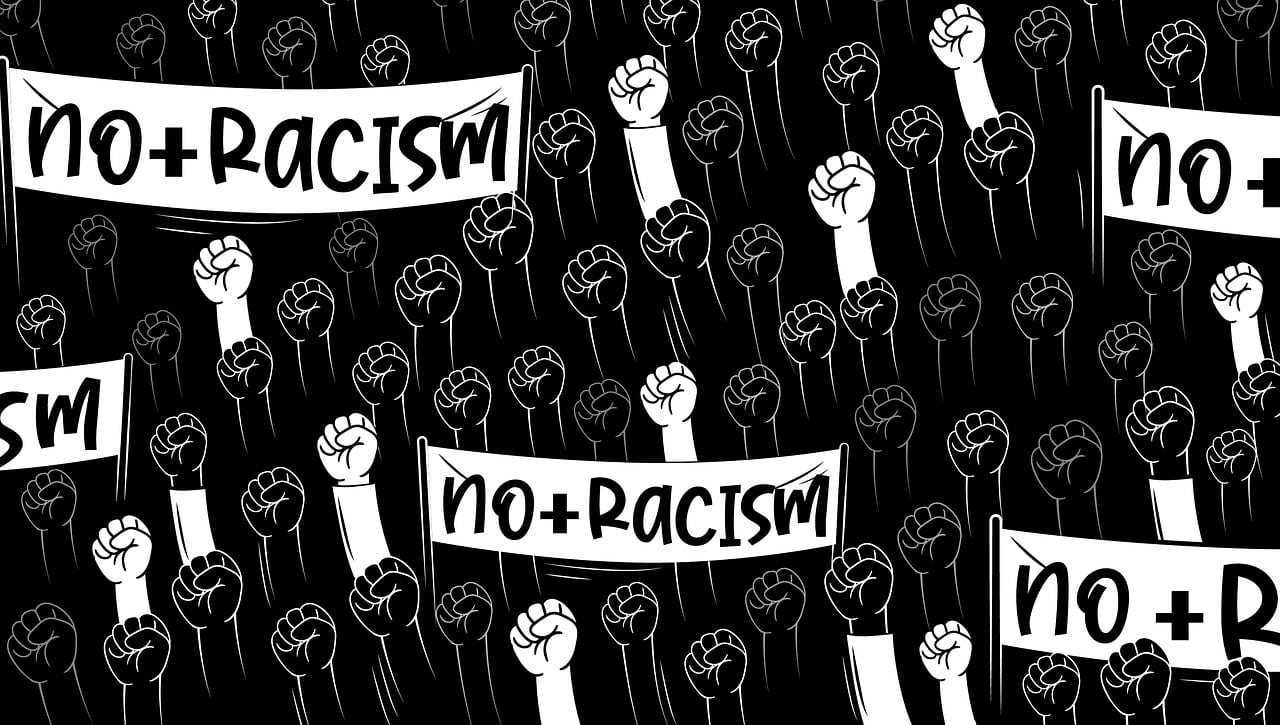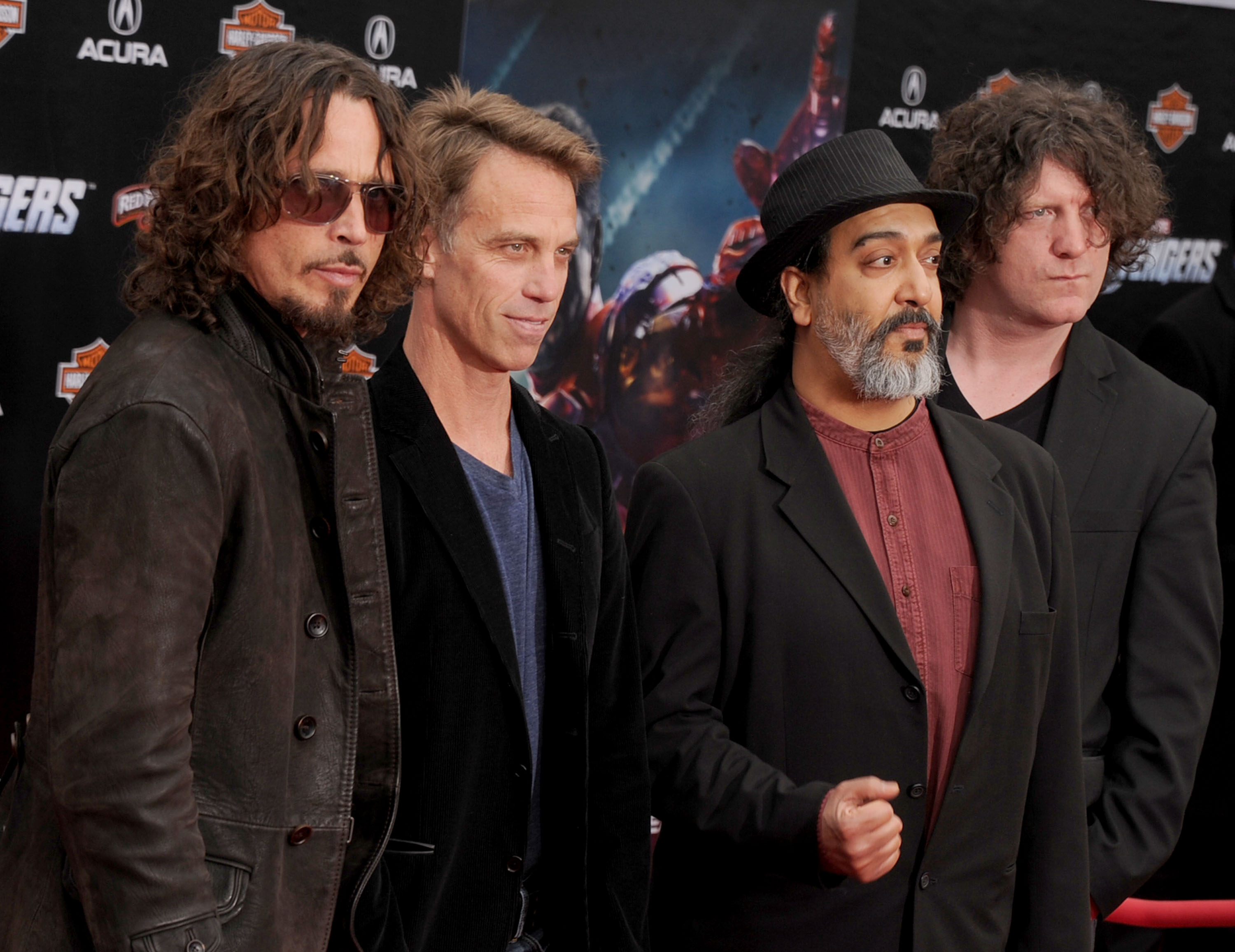Controversial leave-taking always looks better if well-publicized?
Looking at the subsequent livelihoods of White House staff implicated in Watergate, it's clear that most actually did far better than if they'd been good boys and took their public service pensions. Most got offered book deals to pay their circa $1 million legal fees. Whatever was left over got them off the ground in a new business. John Dean and Bob Haldeman particularly suffered little financially even after being disbarred or excluded from erstwhile professions. Dean peddled his legal sharpness to become an investment banker, as well as doing political analysis, lecture circuit and private investment work. Haldeman was a partner in a chain of Miami Sizzler Steakhouse restaurants and peddled his "knowledge of China" to get a job in the Murdock Corporation. I do not know of any Watergate notables who were "unemployable" as a result of conviction for serious enough offences like perjury, conspiracy and obstruction of justice. The only honest person in the Hearings, Hugh Sloan Jr., had difficulty getting financial management work with corporations who did government business. Yet even he quickly enough got a job from a manufacturing business after a long discussion on his Watergate role with that employer. His TV testimony and Senate Committee compliments did him no harm at all either, I guess. Yet most of us know people who blew whistles and it wrecked their careers. In fact people are usually advised to quietly find another job before blowing a whistle - or even to not blow it at all. HR managers don't want to take a chance with their own decision-making record being brought into question. And anyway they won't spend the time to find out the real truth, people are told. You could say that, professionally, most whistle-blowers paid the supreme sacrifice for their honesty in the workplace. Was their real mistake to have whistle-blown without enough publicity ?
Looking at the subsequent livelihoods of White House staff implicated in Watergate, it's clear that most actually did far better than if they'd been good boys and took their public service pensions. Most got offered book deals to pay their circa $1 million legal fees. Whatever was left over got them off the ground in a new business. John Dean and Bob Haldeman particularly suffered little financially even after being disbarred or excluded from erstwhile professions. Dean peddled his legal sharpness to become an investment banker, as well as doing political analysis, lecture circuit and private investment work. Haldeman was a partner in a chain of Miami Sizzler Steakhouse restaurants and peddled his "knowledge of China" to get a job in the Murdock Corporation. I do not know of any Watergate notables who were "unemployable" as a result of conviction for serious enough offences like perjury, conspiracy and obstruction of justice. The only honest person in the Hearings, Hugh Sloan Jr., had difficulty getting financial management work with corporations who did government business. Yet even he quickly enough got a job from a manufacturing business after a long discussion on his Watergate role with that employer. His TV testimony and Senate Committee compliments did him no harm at all either, I guess.
Yet most of us know people who blew whistles and it wrecked their careers. In fact people are usually advised to quietly find another job before blowing a whistle - or even to not blow it at all. HR managers don't want to take a chance with their own decision-making record being brought into question. And anyway they won't spend the time to find out the real truth, people are told. You could say that, professionally, most whistle-blowers paid the supreme sacrifice for their honesty in the workplace.
Was their real mistake to have whistle-blown without enough publicity ?

